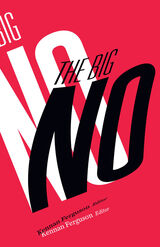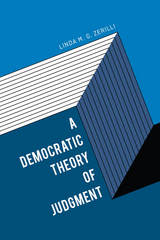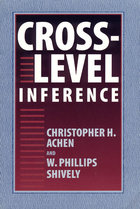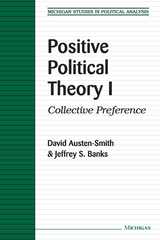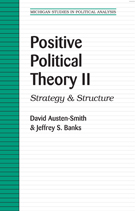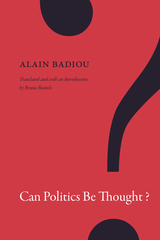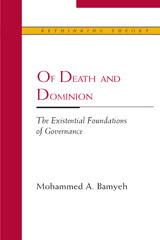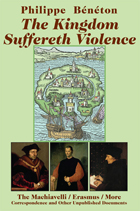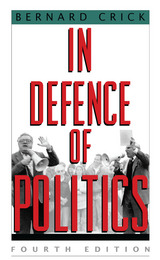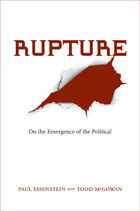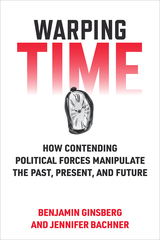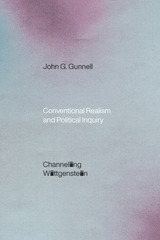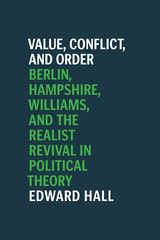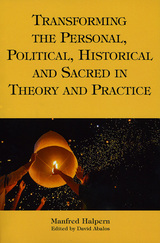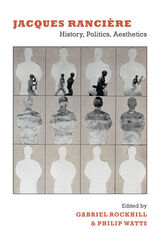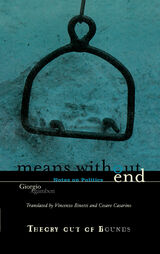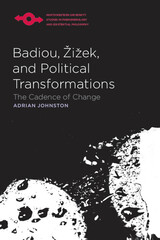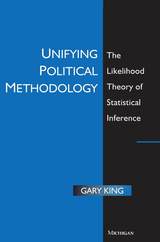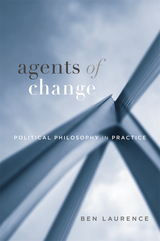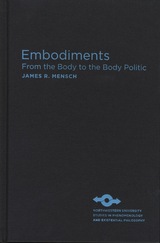Rupture: On the Emergence of the Political
Northwestern University Press, 2012
eISBN: 978-0-8101-6630-1 | Paper: 978-0-8101-2851-4
Library of Congress Classification JA71.E39 2012
Dewey Decimal Classification 320.01
eISBN: 978-0-8101-6630-1 | Paper: 978-0-8101-2851-4
Library of Congress Classification JA71.E39 2012
Dewey Decimal Classification 320.01
ABOUT THIS BOOK | AUTHOR BIOGRAPHY | REVIEWS | TOC | REQUEST ACCESSIBLE FILE
ABOUT THIS BOOK
In a radical reconsideration of political theory and politics, Paul Eisenstein and Todd McGowan explore the notion of rupture or radical tearing apart in both history and theory through the sweep of Western philosophy from Plato to Kierkegaard and beyond. The authors use contemporary literature and film to elucidate political theory, examining works by such writers are Dave Eggers, John Irving, and Toni Morrison, as well as films by directors from Sergei Eisenstein to David Fincher. Paul Eisenstein and Todd McGowan find that a rupture or radical break is repeatedly invoked at the beginning of every philosophical system. In this rupture, many of our most cherished political values—equality, solidarity, and the idea of freedom—emerge. But the lack of a sustained commitment to this radical tearing apart has repeatedly foreshortened, distorted, or perverted those same values. Most political philosophy may have marginalized these radical breaks with the past. But Eisenstein and McGowan demonstrate that Alain Badiou, Giorgio Agamben, and Slavoj Žižek have consistently brought rupture to the fore as an organizing principle for political thought. This insight holds great pertinence to our current world situation. Seeing the possibilities for an extended dialogue and sustained political change, Eisenstein and McGowan argue for a more systematic engagement with these theorists.
See other books on: Eisenstein, Paul | Emergence | McGowan, Todd | Political science | Rupture
See other titles from Northwestern University Press

